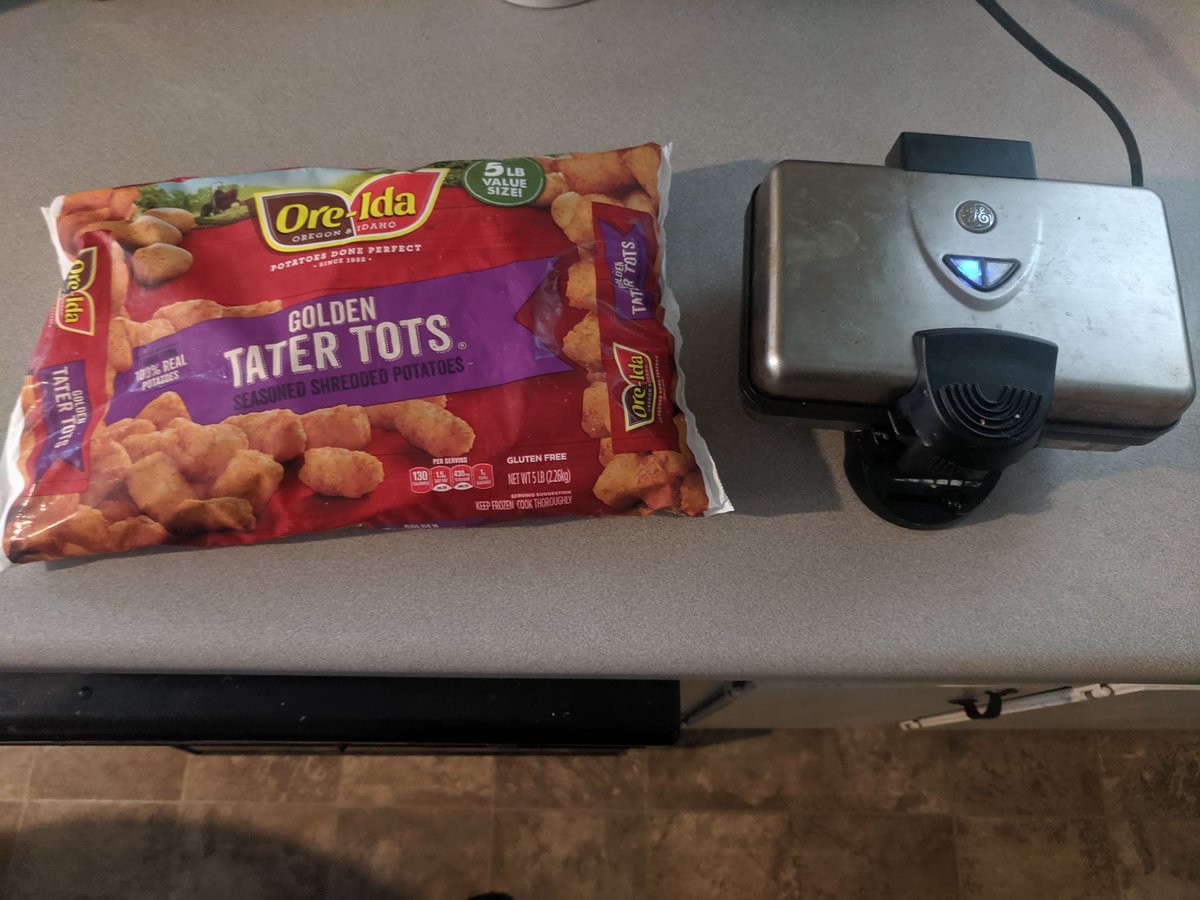🔴 Background
⚫️ Training
⚪️ Ethics & Tactics
🎒 Supplies
👁️ Pepper Spray & Tear Gas
🐖 Police Engagement
rosehipmedics.org/handouts/Actio…
medic.wikia.org/wiki/Main_Page
• DON'T BECOME A SECOND PATIENT. This applies to every aspect of your medic practice, from the risks you take to how you give care.
• KNOW YOUR ARREST TOLERANCE. It's okay to have "strong" or "soft" preferences for this.
Signs/Symptoms
Allergies
Medications
Past Pertinent medical history
Last thing ingested
Events leading up to present ailment
Onset of symptoms (suddenly or gradually)
Provokes/Palliates ("what makes the pain worse or better?")
Quality ("how would you describe it?")
Radiates ("where does it hurt most?")
Severity (0-10)
Time ("when did it start?")
Without any training? Stick to what you'd feel comfortable doing for a housemate who got hurt at home. Spread calm, water, food. Help people respond to tear gas and pepper spray. Find medics and be extra hands. It's truly not nothing. 48/
- 2tbs sugar
- 3/4tsp salt
- 1/4tsp potassium-based salt replacement (e.g. NuSalt, Morton Salt Substitute)
- 1/2tsp epsom salt (for magnesium)
- 3 0.13oz packets of unsweetened Kool-Aid
Mix in 6L water, or use ~1tsp per 16oz bottle.
Here's more on proper sourcing of liquid antacid: medic.wikia.org/wiki/L.A.W._(l…
Here's more info on eye flushing: medic.wikia.org/wiki/Eye_Flush
blackvisionsmn.org




